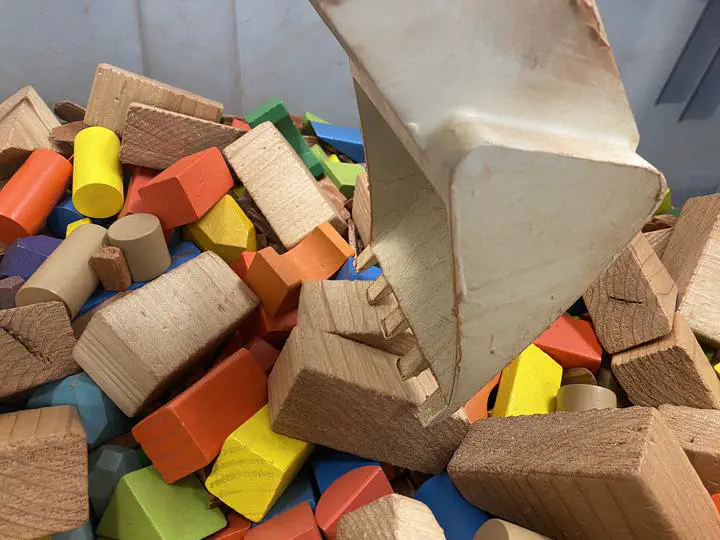Excavation of fragmented rocks with multi-modal model-based reinforcement learning

Abstract
This paper presents a multi-modal model-based reinforcement learning (MBRL) approach to the excavation of fragmented rocks which are very challenging to model due to their highly variable sizes and geometries, and visual occlusions. A multi-modal recurrent neural network (RNN) learns the dynamics of bucket-terrain interaction from a small physical dataset, with a discrete set of motion primitives encoded with domain knowledge as the action space. Then a model predictive controller (MPC) tracks a global reference path using multi-modal feedback. We show that our RNN-based dynamics function achieves lower prediction errors compared to a feed-forward neural network baseline, and the MPC is able to significantly outperform manually designed strategies on such a challenging task.